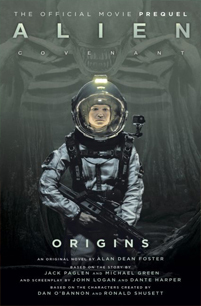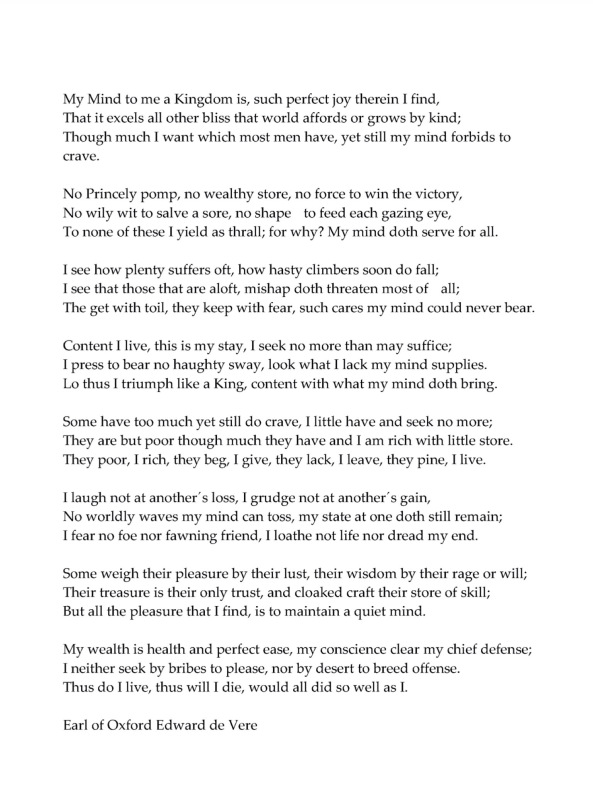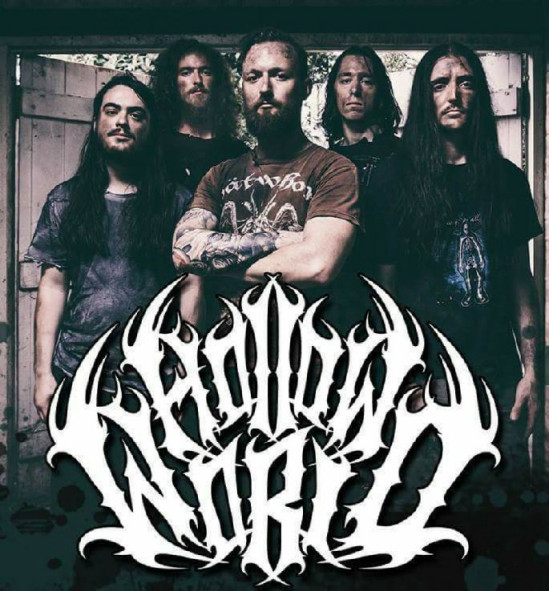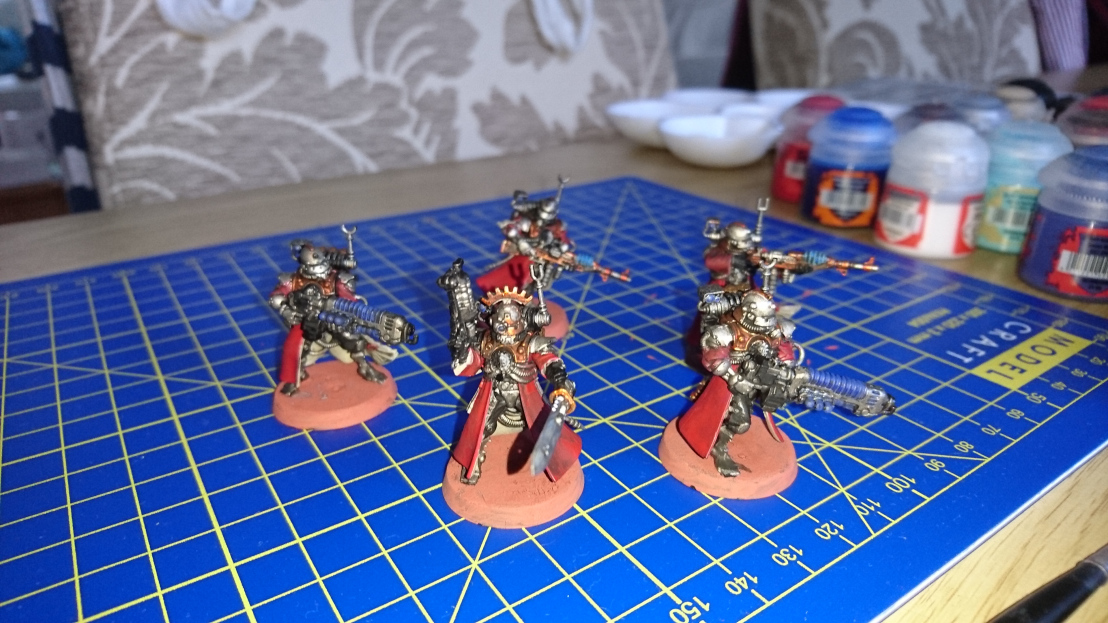
There are no aliens in this misleadingly titled book. That’s not so much a spoiler as a warning; if you’re a big fan of the Alien franchise and are expecting Alan Dean Foster’s unexpected prequel to the latest instalment Alien: Covenant to feature lots of face-hugging, chest-bursting Xenomorphic action, then you will be sorely disappointed. There’s none. None at all. Not a sausage.
It kind of makes sense, of course. I mean, how could there be? This is a novel about the crew of the colony ship Covenant in preparation for its departure from Earth; they don’t encounter any Alien creatures until they are diverted to an unexpected planet, so how could a prequel realistically feature those creatures? Therein lies the essential dichotomy of Alien: Covenant Origins; it’s not a bad book – in fact, in itself it’s a very good book – it’s just a wholly and thoroughly unnecessary addition to the franchise.
It isn’t the author’s fault, of course; he was commissioned to write a prequel tie-in to the film he previously novelised and he has done his best with the material available. If it doesn’t meet with the approval of fans, that could hardly be said to be either his error or his intent. For Alan Dean Foster, it must be a bit like history repeating itself – in 1977, he ghost-wrote the best-selling novelisation of Star Wars and was swiftly commissioned to write a tie-in. With the material available at the time, he wrote A Splinter of the Mind’s Eye (a very good book which I should review on here one day) but because it clashed with continuity established in later movies, Foster is to this day the target of ire from a great many Star Wars fans. Plus ça change, plus c’est la même chose.
Alien: Covenant – Origins is as much of a corporate thriller as it is a science fiction story. It tells of the tribulations in the days leading up to the launch of the colony ship Covenant by the global business giant the Weyland-Yutani Corporation. This is massive news around the run-down, damaged Earth, but not everyone is happy about it. A group of extremists who follow the visions of a man called Duncan Fields are convinced that mankind’s exploration of deep space will bring only doom. Their slogan is Oh-Tee-Bee-Dee, standing for Out There be Dragons, because their prophet’s visions seem to foretell the horrors that the crew of the Covenant will face.
They might be a bunch of nutters, but they’re a well-connected bunch of nutters, who’re happy to resort to acts of terrorism, sabotage and kidnapping in order to achieve their goals. As the various attempts to stop the launch of the Covenant unfold, familiar characters from the cast of Alien: Covenant are introduced. An attempted sabotage on board the space-docked ship involves Daniels, the central character of the movie, but this is something of a red herring as she’s absent for the bulk of the novel. The focus later shifts onto the Covenant’s security officers, Lopé and Rosenthal, as they attempt to uncover who is behind the sabotage attempts.
In the movie, Lopé and Rosenthal are secondary characters, dispatched in suitably gory ways by the Alien creatures, but here the author expands their characters into a lead role. As in the movie, Sergeant Lopé is gay, though this is nicely underplayed by Foster and allows for a believable non-romantic relationship between he and Rosenthal. They make credible central characters for the bulk of the novel, although other characters from the crew of the Covenant emerge to tackle the final attempt to scupper the mission.
Also explored deeper than on screen is the Weyland-Yutani organisation. Both Prometheus and Alien: Covenant featured Peter Weyland (the latter in flashback) but this book introduces the corporate partner Hideo Yutani and his daughter Jenny. Superficially you could see them as a stereotype of cold Japanese businesspersons, but as the story progresses, we are exposed to a lot more of the conflicts and stresses that go with being at the head of such a massive multi-national corporation. They are not yet the Machiavellian puppet-masters of Alien and Aliens, but you can see how they could become such a thing.
Alien: Covenant – Origins is a good read, but it’d have worked much better as a simple science fiction novel divorced from the Alien universe. Alan Dean Foster could easily have written this as an independent piece about the attempted sabotage of a generic colony ship by extremists with a fanatical fear of the unknown, without it having to be tied in to the film franchise. As I said at the head of this review, the book’s title is misleading – as is its cover, which features a picture of an armed Daniels in front of the ghostly figure of an Xenomorph – and a great many fans of the Alien franchise will be disappointed at its lack of creature action, but if they shun it on this basis they’ll be missing out on a nice exciting novel. I’m probably biased because I like Alan Dean Foster, but also I’m not blinkered by too narrow a view of the Alien franchise. All I can really say is that I enjoyed it.
‘Alien: Covenant – Origins’ by Alan Dean Foster is published in the UK by Titan Books (2017)
Advertisements Share this:




